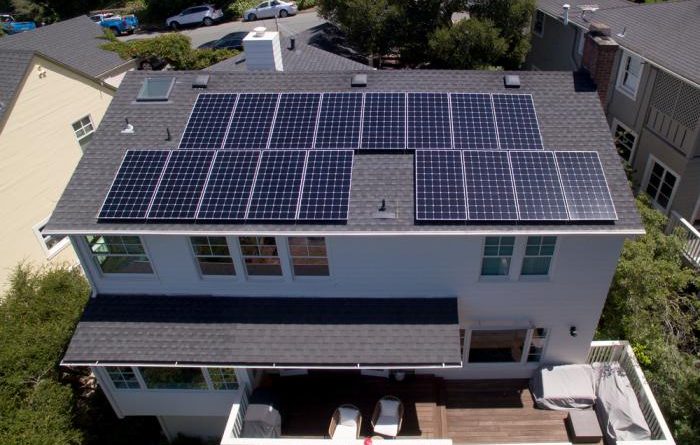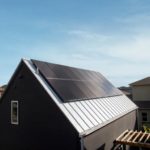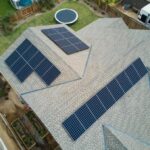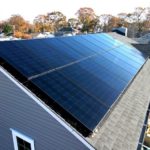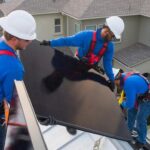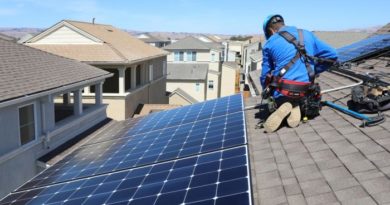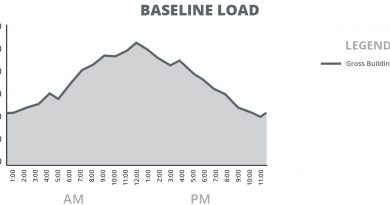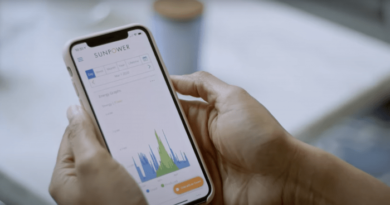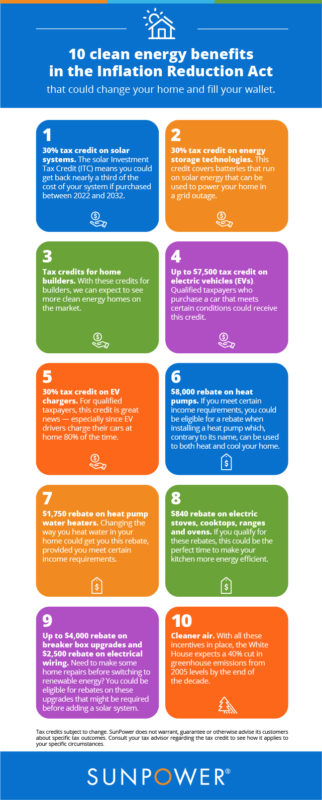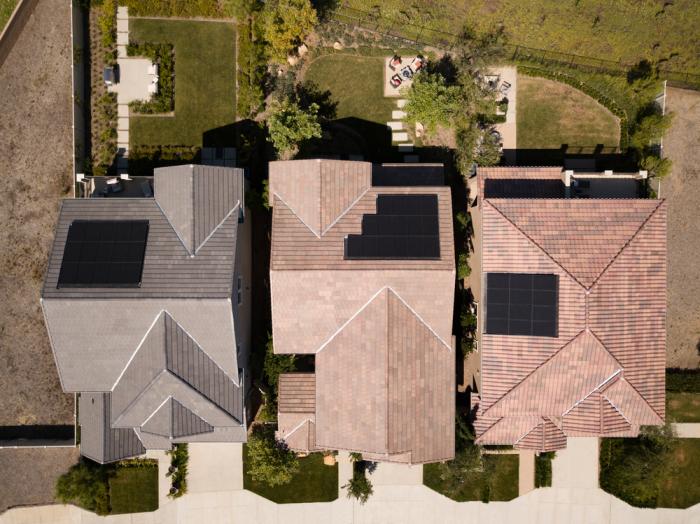How to Avoid Solar Scammers

A growing number of people are eager to learn more about solar energy and find out what kind of savings it can provide. Unfortunately, many con artists understand this well and have designed schemes that can turn the dreams of residential solar power into a nightmare for some homeowners.
Unlike buying a car or a house, most customers have no experience with photovoltaic (PV) solar systems. That means it can be hard to tell a reputable solar company from a scammer, and scammers can come in many forms. Some are charming salespeople who come to the door. Others unleash a torrent of phone calls, emails and letters.
When it’s done right, switching to PV solar can save customers money on their power and reduce their carbon footprint. Avoiding solar power scams and enjoying these benefits is not difficult, but it does require vigilance.
Here are some tips designed to help avoid the pitfalls caused by solar scammers:
- Don’t sign anything right away – Scammers are masters of the hard sell. Their job is to get you to sign their contract now, Now!, NOW!!! Don’t let them bully you. Never sign anything until you’ve researched at least three solar companies. Find out rates, ask hard questions about features, installation costs and payments. If any offers seem too good to be true, they probably are. Reputable companies like SunPower and its network of high-quality dealers have nothing to fear from your scrutiny. Take a close look until all your questions are answered.
- Never start without a contract – While some scammers pressure you to sign a contract right away, others pressure people to start work without signing any legal documents at all. Don’t let them. A reputable company will insist on a contract and will help you understand what it means for you. Also, don’t confuse a free estimate – which many good solar companies will provide – with an actual contract. Some shady companies give an estimate and act as if that is your contract. It’s not. Any contract you do sign should be easy to understand.
- Get references – Check the company’s track record. How long have they been in business? Do they have a physical address and not just a website or a phone number? Talk to customers who’ve had installations done by that company. Sometimes a simple online search will turn up valuable information or The company you pick should have more positive reviews than negative. Finally, check with the Better Business Bureau as well as your state or local consumer protection agencies.
- Look for warranties guaranteed by contract – A company that’s willing to sign a legally binding warranty is likely to be reputable. But read over the warranty to make sure it covers what the company says it covers. Again, do research and ask for references. SunPower is recognized as having the most comprehensive warranty in the solar industry.
- Watch for people posing as utility or government workers – Solar panel fraud often starts with people who pretend they’re workers at well-known companies or for the government. Ask for proof of ID and check it independently. Again, sign nothing right away.
- Don’t be stampeded toward one type of financing – There are three main ways to finance PV solar: purchase, loan or lease. Each one has pluses and minuses. A reputable company will be able to offer a range of financing options and can explain them transparently. Be sure the type of financing you choose fits your financial situation and won’t hurt you long-term. Also, some solar panel scams come in the form of “free” solar panels. The panels are free, but they come in exchange for financing agreements that may hurt you over time.
- Research applicable tax benefits – Installing PV solar can come with great tax benefits from both the state and federal governments. Scammers often misrepresent or flat-out lie about how large those benefits can be. A reputable company can easily direct you to the websites or government agencies with accurate information.
If you think you’ve dealt with a solar scammer, call the police as well as your state or local consumer protection agency. In some cases, you can get restitution. Also, inform both your local utility and your elected representatives. Often, they can warn people and help make changes that can prevent future scams.
PV solar is an investment that will stretch over many years. The company that installs your system becomes a partner. Do your research and avoid snap decisions, and that partner will become someone you want to work with for the long haul. Start your research on the perfect solar set-up by checking out SunPower’s solar savings estimate.
Original Source: https://us.sunpower.com/blog/2020/10/13/how-avoid-solar-scammers

